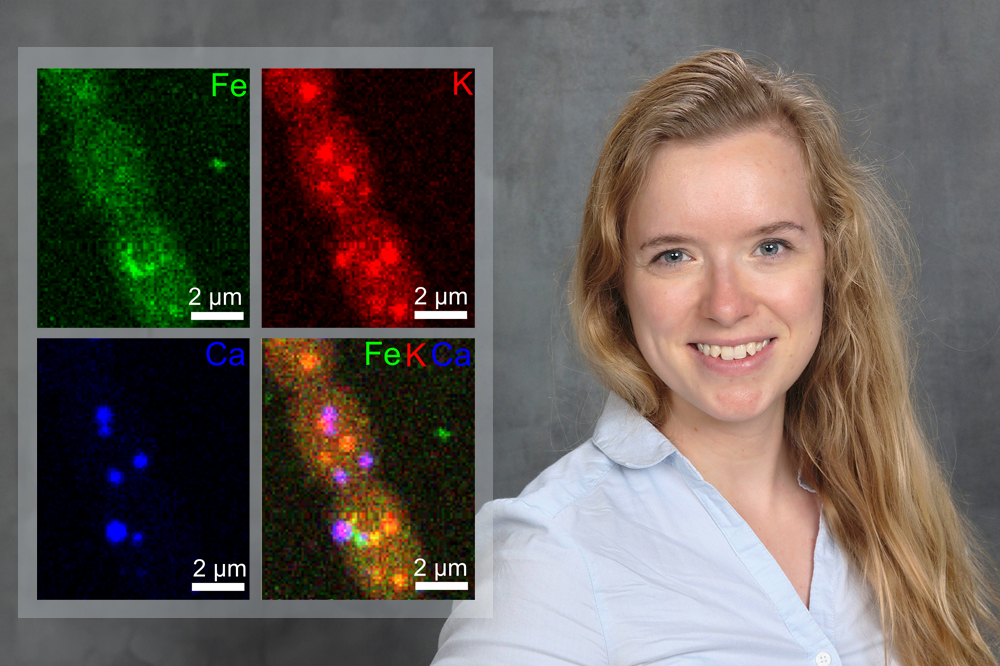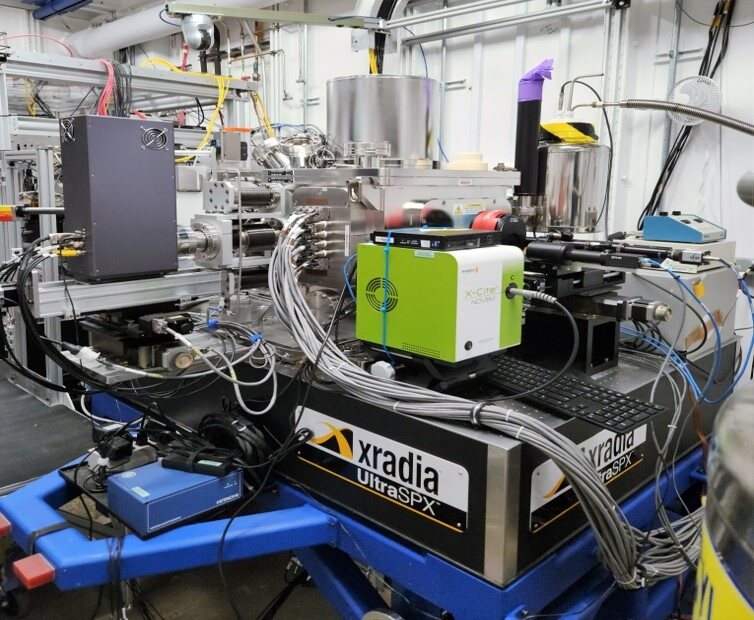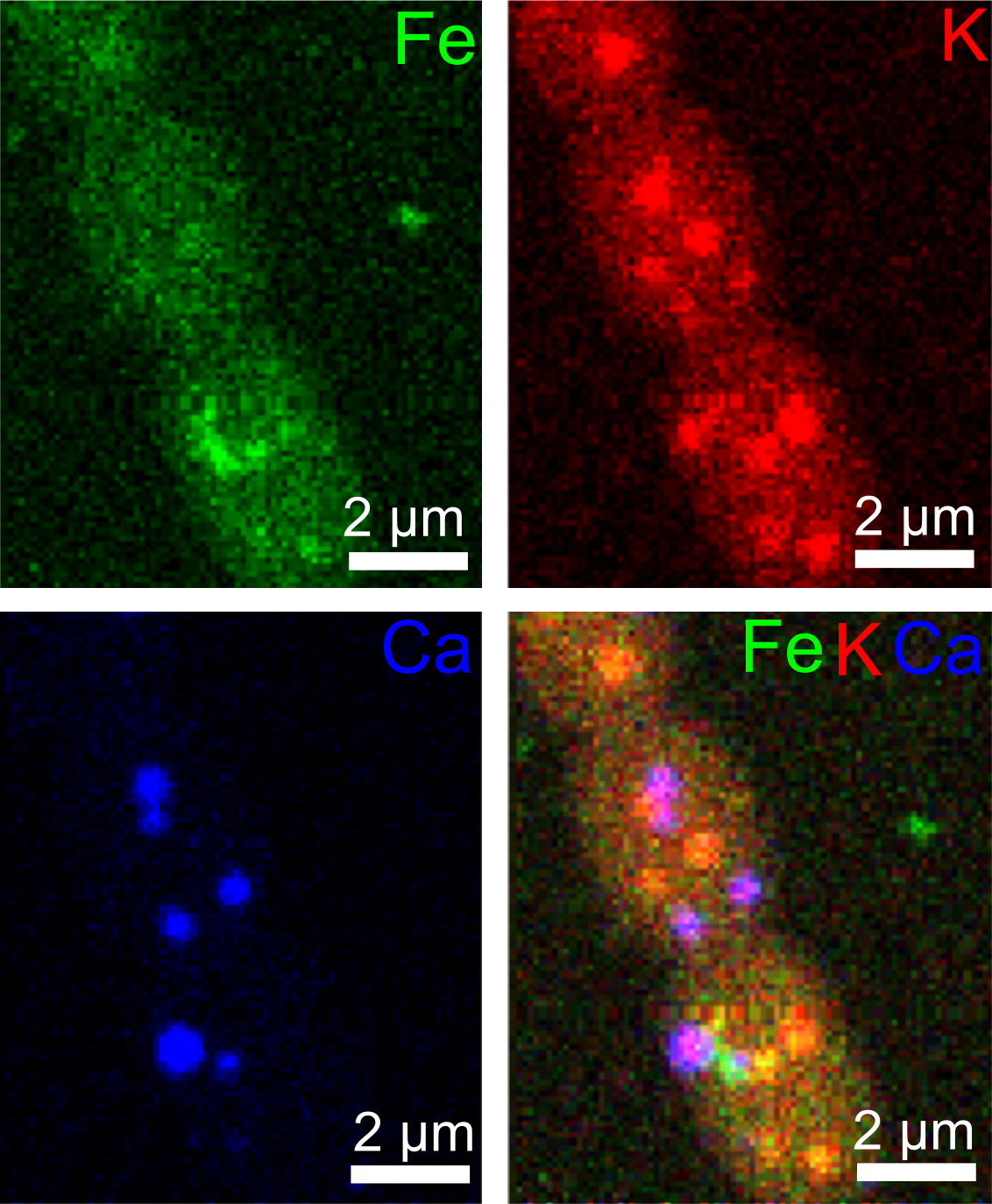2024 ECOS Publication Grant Supports Novel Harmful Algae Blooms Study
Thursday, Sep 19, 2024
|
Congratulations to Vivian Merk, Ph.D., an assistant professor in the Charles E. Schmidt College of Science and College of Engineering and Computer Science. Merk was named the recipient of the School of Environmental, Coastal, and Ocean Sustainability’s (ECOS) 2024 Publication Grant. She received more than $2,300 to sustain her research.
“My students and I are very delighted to be supported by FAU’s School of Environmental, Coastal, and Ocean Sustainability,” stated Merk. “This funding will help us to continue and expand our research that explores the elemental composition of flash-frozen microorganisms from Florida water bodies at the sub-cellular level.”
Merk is studying cyanobacteria, also called blue-green algae, which are ancient photosynthetic bacteria that evolved in terrestrial and aquatic ecosystems. Her original research article focuses on the filamentous model organism Anabaena sp., which undergoes morphological differentiation in nitrogen-deplete cultures.
“Under favorable growth conditions, Anabaena sp. can form harmful algae blooms, which release neurotoxins into the environment,” explained Merk.
|
“To our knowledge, this study is the first to use advanced multimodal microscopy, in particular 2D and 3D synchrotron X-ray fluorescence microscopy under cryogenic conditions, to study the morphology and elemental composition of nitrogen-fixing cyanobacteria.”
Cyanobacteria form thick, harmful algae blooms, which can cause health problems in humans and animals. Harmful algae blooms impair our drinking water supply, the fishing industry, and local tourism. On a positive note, nitrogen-fixing cyanobacteria have a strong potential to produce sustainable biofuels and fertilizers.
Funding from the ECOS publication grant will also allow Merk’s team to publish the article open-access, which will help them disseminate their findings and knowledge throughout the broader scientific community, among environmental policy makers, and to the general public.
To view Merk’s publication in Metallomics , click here .

